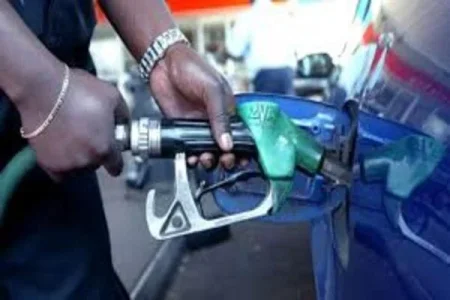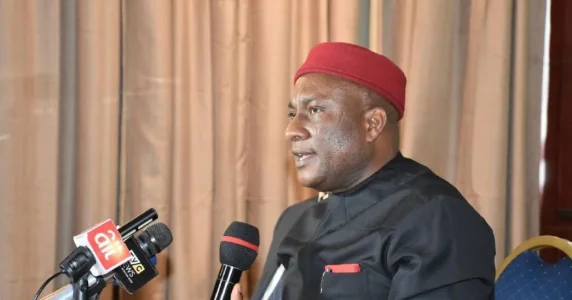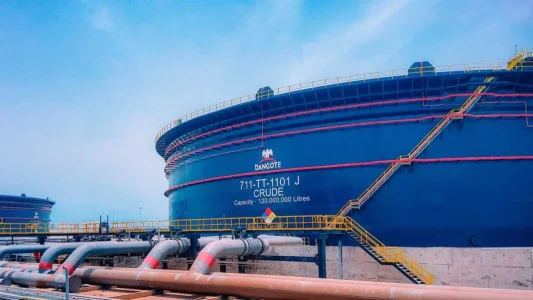
Nigeria’s petrol landing cost has dropped to ₦900.28 per litre, a 3.62% reduction from the previous ₦936.75. Despite this, the retail price remains at ₦1,060. Imported petrol, cheaper than domestically refined products, highlights concerns over local refining costs amid fluctuating crude oil prices and exchange rate pressures.
The cost of landing Premium Motor Spirit (PMS), widely known as petrol, in Nigeria has reduced to ₦900.28 per litre, reflecting a 3.62% drop from the previous rate of ₦936.75 per litre. This decline, reported by the Major Energies Marketers Association of Nigeria (MEMAN), highlights relief from global market fluctuations.
Despite the decrease, the retail price of petrol in Nigeria remains at ₦1,060 per litre, with imported PMS still cheaper than locally refined products. Imported petrol, excluding regulatory fees, continues to undercut domestic prices due to factors like crude costs and exchange rate pressures.
Between December 10 and 13, 2024, Nigeria imported 121.1 million litres of petrol through four vessels docking at Lagos, Rivers, Cross River, and Delta states:
- Stellar delivered 21.12 million litres at Warri Port on December 10.
- Kriti Ruby offloaded 50.03 million litres at Apapa Port on December 12.
- St Lady Meenah brought 30.84 million litres to Rivers Port on the same day.
- Virgo 1 is set to deliver 20.12 million litres at Calabar Port.
Brent crude oil prices, hovering at $73.52 per barrel, and dollar-denominated charges significantly impact costs, underscoring ongoing challenges in Nigeria’s petrol market.




